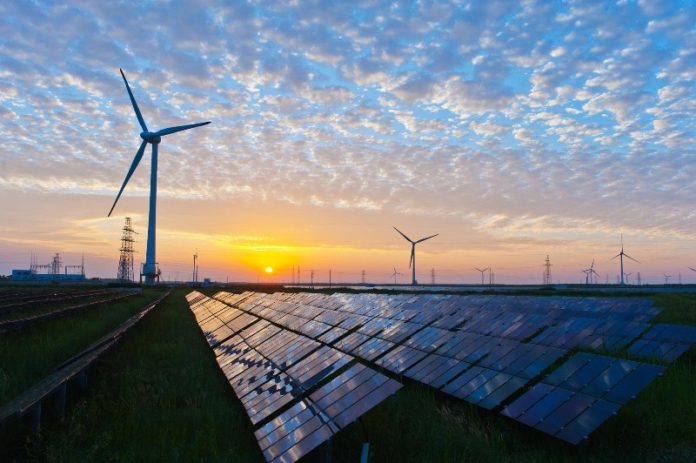Despite Africa’s plenteous energy resources, energy poverty is prevalent across the continent, with approximately 600 million people without access to electricity. This not only delays nations in realising energy access goals, but hampers industry progress, and reduces the continent’s economic growth by 2 to 4 percent every year.
However, energy access has improved in recent years as the number of people without access in sub-Saharan Africa has declined for the first time in absolute terms and countries such as Ethiopia, Kenya and Rwanda pave the way for their African counterparts. Africa is ahead of the curve with distributed energy systems that can rapidly increase energy access in rural areas. This proves more cost effective than conventional grid extension solutions, driven by innovative business models and rapidly diminishing technology costs. Renewables are on the rise across the continent with considerable renewable generation capacities being added in countries such as Egypt, Morocco and South Africa.
While the escalating investments in renewables remain promising, the rate of energy access falls short of achieving the universal energy access target by 2030. This being said, bridging the gap between Africa’s energy constraints presents substantial opportunities for investors focused on engaging with the continent, particularly in terms of supporting Africa to meet the energy deficit and to achieve universal energy access goals.
Evidently, these financing stipulations are of such magnitude that no solitary entity is capable of meeting them in isolation. Development finance institutions are required to proactively modify how they conduct business coupled with leveraging scarce public resources to raise private sector financing at scale.
Various barriers hamper investments and private sector engagement which could potentially accelerate energy access. Challenges include inadequate policy conditions for investors and other systemic impasses that retard transactions and increase project costs. Transforming the African energy landscape necessitates a versatile approach to unlock private sector capital by addressing these barriers in order to create an enabling environment for continental investments and calling on African policymakers to move promptly and enable investors to reach financial close in a timely manner.
In close collaboration with other development partners, The African Development Bank is geared towards building a marketplace that delivers sustainable energy transformation fundamental to Africa’s progression. The organisation is committed to not only minimising, but ultimately removing barriers for investors, predominantly through financial instruments to de-risk transactions, share knowledge and market data, as well as promote learning and networking amongst peers. Further to this, private sector participation is escalating, stimulated by multiple partnerships such as the New Deal on Energy for Africa.
Influential stakeholders have the power to profoundly impact the continent’s energy sector through collaborative discussions, thereby establishing the necessary foundation for expediting private sector investment in Africa’s energy realm. This will ultimately place the continent on a solid path towards socio-economic development and sustainable growth.
The upcoming Africa Energy Indaba Business Networking event represents the ideal platform to meet and engage with relevant stakeholders in the energy realm. These focussed discussion will foster important business liaisons, forge gateways for energy stakeholders into new markets and explore challenges, solutions and opportunities to promote innovation in energy operations. The nature of these discussions has made Africa Energy Indaba the continent’s most prestigious energy event.
Attending this conference is a unique opportunity, providing participants with a better understanding, knowledge sharing and insight into the latest global trends. All this intends to encourage attendees to enter new markets as well as establish advanced solutions and business models to grow competitive and sustainable businesses, ultimately contributing to the growth of the economy within which they operate.
About Africa Energy Indaba
Virtual Event – 1-5 March 2021
The business meeting of choice for the African energy sector
Register to attend: www.africaenergyindaba.com








